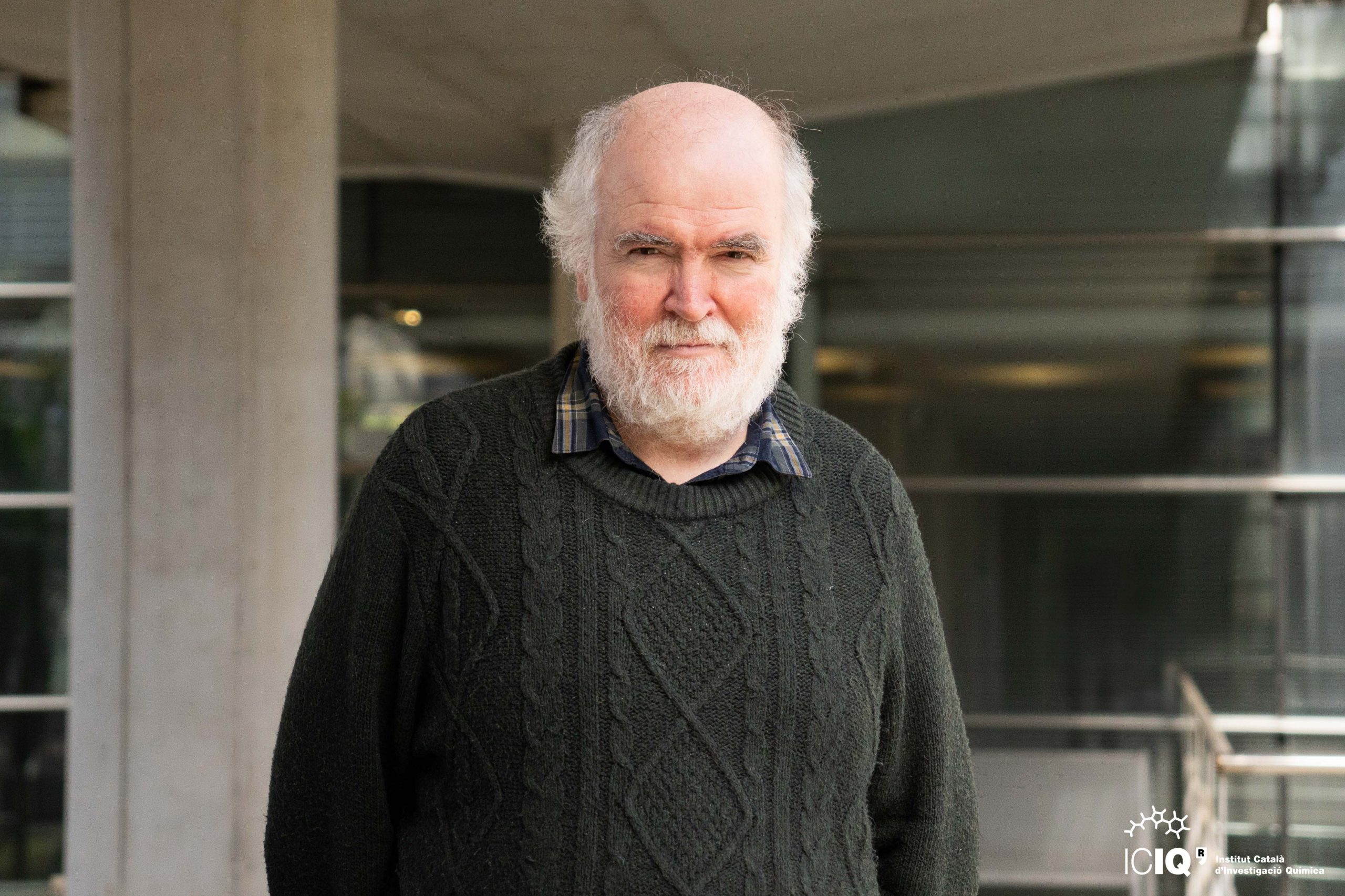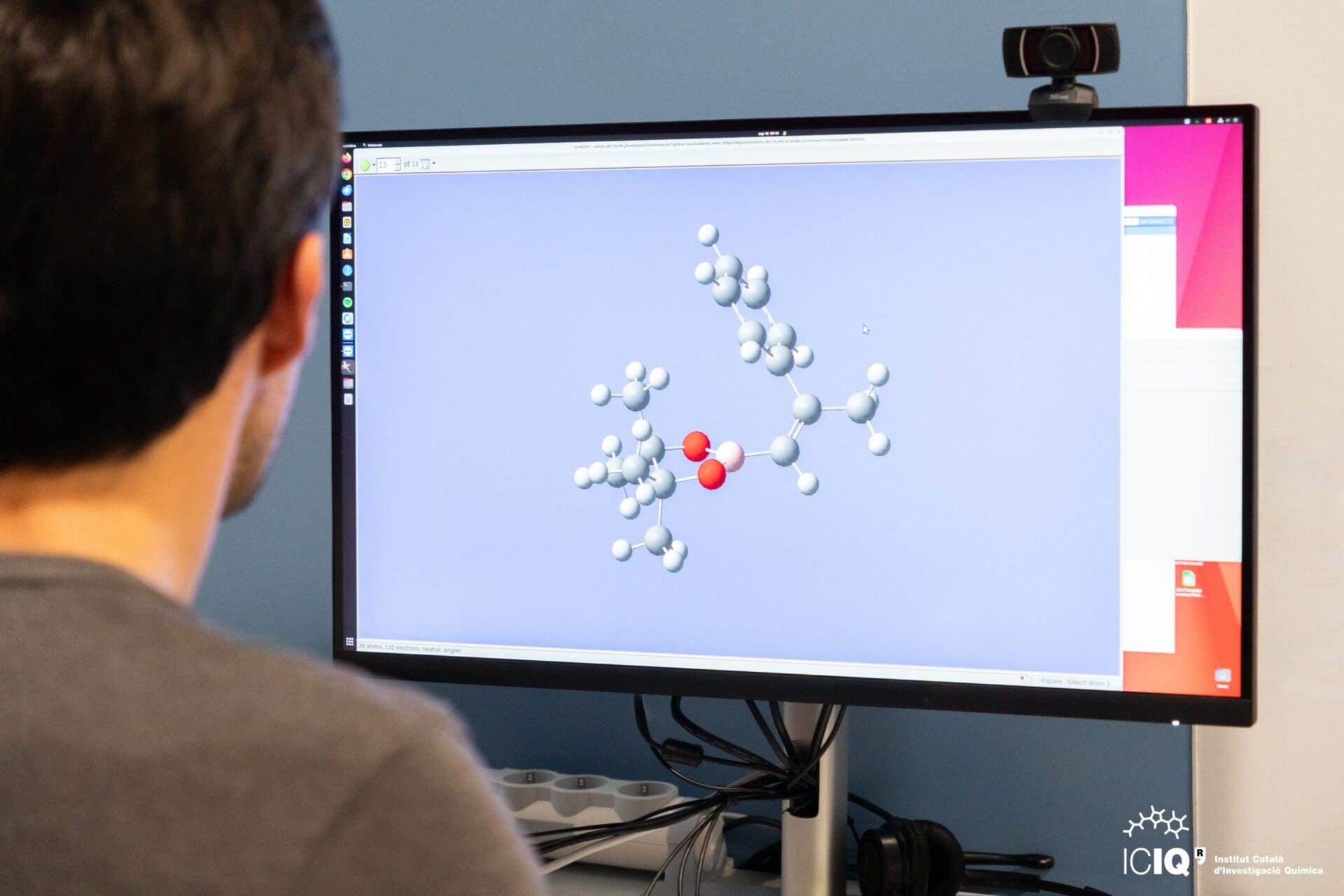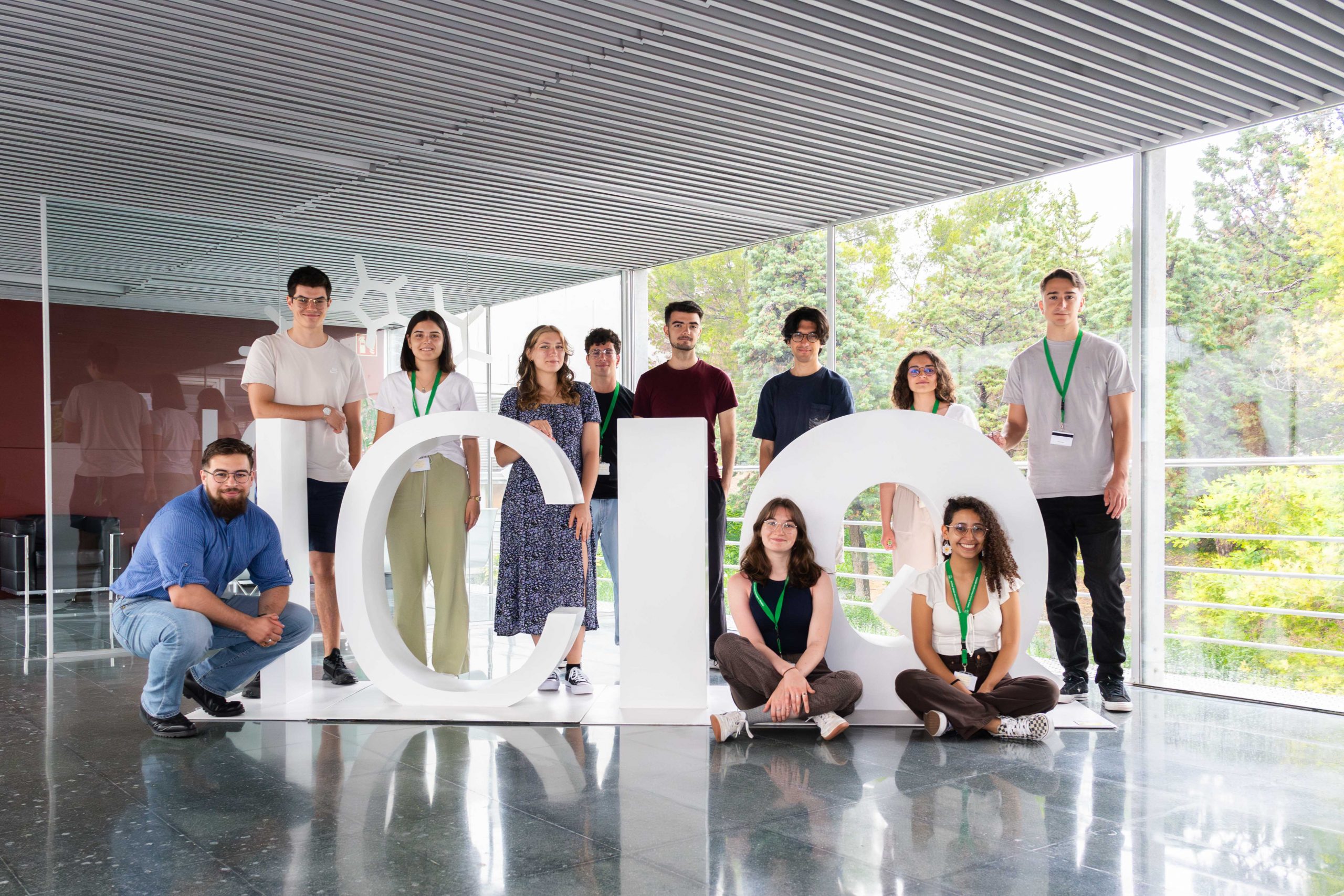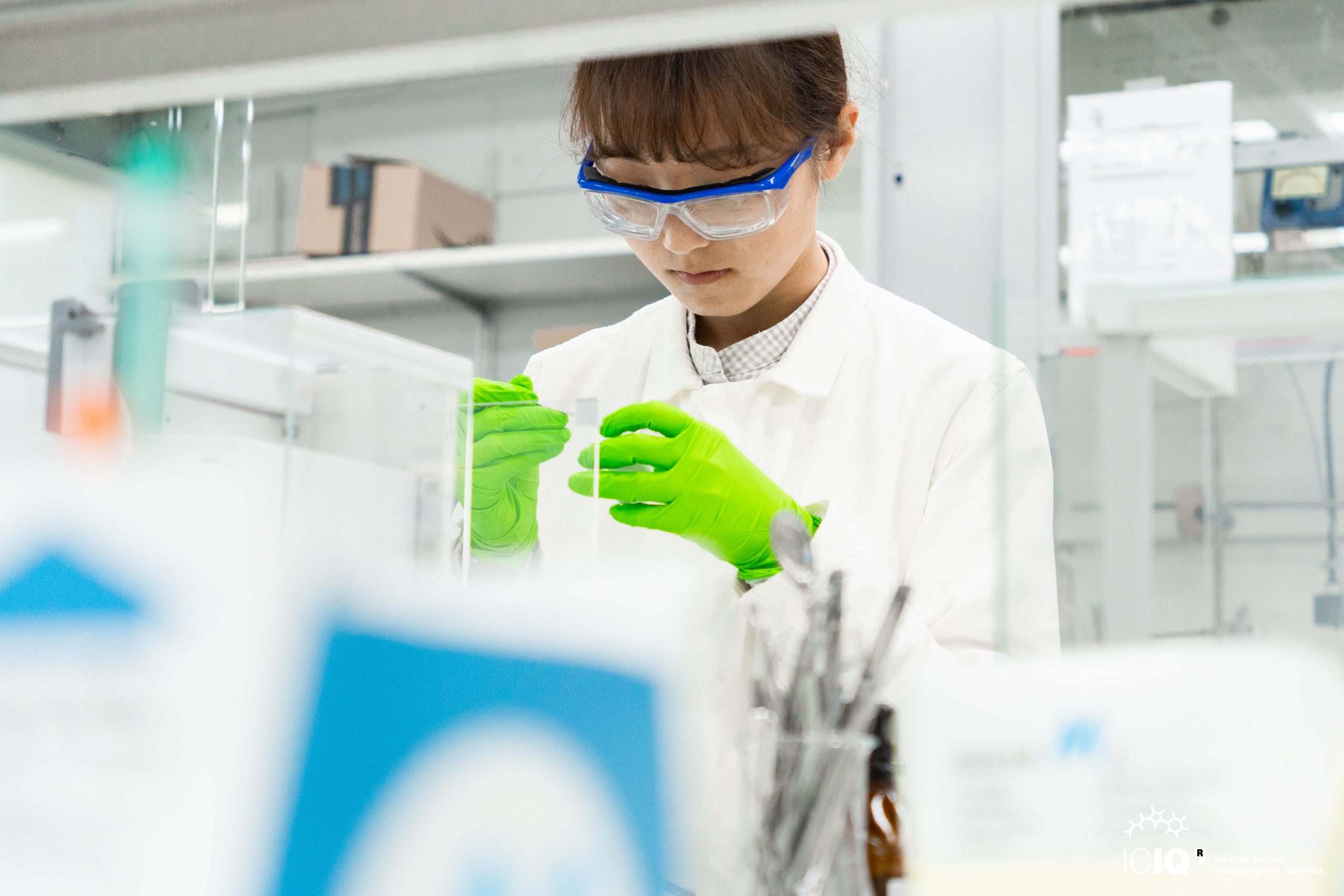Prof. Feliu Maseras receives the Miguel Catalán – Paul Sabatier Award 2024 from the Société Chimique de France
Prof. Feliu Maseras, ICIQ Group Leader, was honored with the Miguel Catalán-Paul Sabatier Award by the Société Chimique de France (SCF) late last year 2024. This biennial award, established in collaboration with the Spanish Royal Society of Chemistry (RSEQ), recognises exceptional contributions in chemistry by awarding a Spanish chemist in France every even year and a French chemist in Spain every odd year.
The jury for this award is the same as that for the SCF Grand National Award and consists of seven internationally recognised members of the SCF, with the list approved by the SCF Board of Directors. The jury may also seek external opinions, particularly from abroad, to ensure a fair and comprehensive selection process.
The award ceremony will take place during the SCF Grand Awards Ceremony, expected in the second quarter of this year 2025.
Receiving the Miguel Catalán-Paul Sabatier Award is a testament to Prof. Feliu Maseras’ outstanding contributions and expertise in the field of theorerical and computational chemistry.
About Prof. Feliu Maseras
Prof. Feliu Maseras is a leading researcher in theoretical chemistry, known both for his involvement in the development of new approaches and for their application to the study of catalytic reactivity.
Feliu Maseras completed his PhD in Chemistry in the Universitat Autònoma de Barcelona (UAB) in 1991. During his postdoctoral stay with Prof. K. Morokuma in Japan from 1991 to 1993, he developed the ‘Integrated Molecular Orbital Molecular Mechanics’ (IMOMM) method, which effectively couples a quantum and a classical approach to describe a complex system. This approach was then generalized by Prof. Morokuma and included in Gaussian software (used worldwide in quantum chemistry) under the name ONIOM (for Our own N-layered Integrated molecular Orbital and molecular Mechanics). This approach was directly used by F. Maseras to study mechanisms in homogeneous catalysis, taking into account the true structures of experimental catalysts: indeed, it was no longer necessary to model bulky substituents (such as tertiary butyls or aromatics) by hydrogen atoms, since they were described using less precise but very fast methods. In addition to reducing calculation time, these methods also enabled us to naturally break down the influence of these substituents into their electronic and steric effects. This approach has profoundly changed the way we understand chemical reactivity: this is illustrated on the one hand by the fact that the original article (J. Comput. Chem. 1995 16, 1170) is cited more than 1500 times, and on the other hand by the fact that this approach is mentioned in the press release of the 2013 Nobel Prize in Chemistry (awarded to the three researchers who laid the foundations of these methods).
Feliu Maseras has collaborated extensively with French researchers since 1996, notably in the study of homogeneous catalysis reaction mechanisms with Odile Eisenstein, Michel Etienne, Pierre Dixneuf, Yves Jean and Lionel Perrin, with whom he co-published a “guide” enabling a reasoned approach to theoretical mechanistic studies. He has extended his studies to organocatalysis and photocatalysis (with or without transition metals). In all, Feliu Maseras has published over 300 articles in leading journals such as JACS and Angewandte Chemie.
More recently, in collaboration with other groups, Feliu Maseras has turned his attention to the problem of “Big Data”. The solution they have proposed is the ioChem-BD platform (www.iochem-bd.org described in J. Chem. Inf. Model. 2015, cited 380 times), which not only stores the output files of several quantum chemistry software packages, but also graphically visualizes the molecules and calculated properties.
In addition to his many collaborations with French researchers throughout his rich career, Feliu Maseras completed a postdoctoral stay with Odile Eisenstein (1996-1998), as well as a few months’ stay in Strasbourg in 2006. His mastery of the French language has enabled him to sit on thesis juries in France, as well as on AERES (then HCERES) evaluation committees for four French laboratories between 2008 and 2020.
Related news

Let's create a brighter future
Join our team to work with renowned researchers, tackle groundbreaking
projects and contribute to meaningful scientific advancements







 30-10-2024
30-10-2024 


















